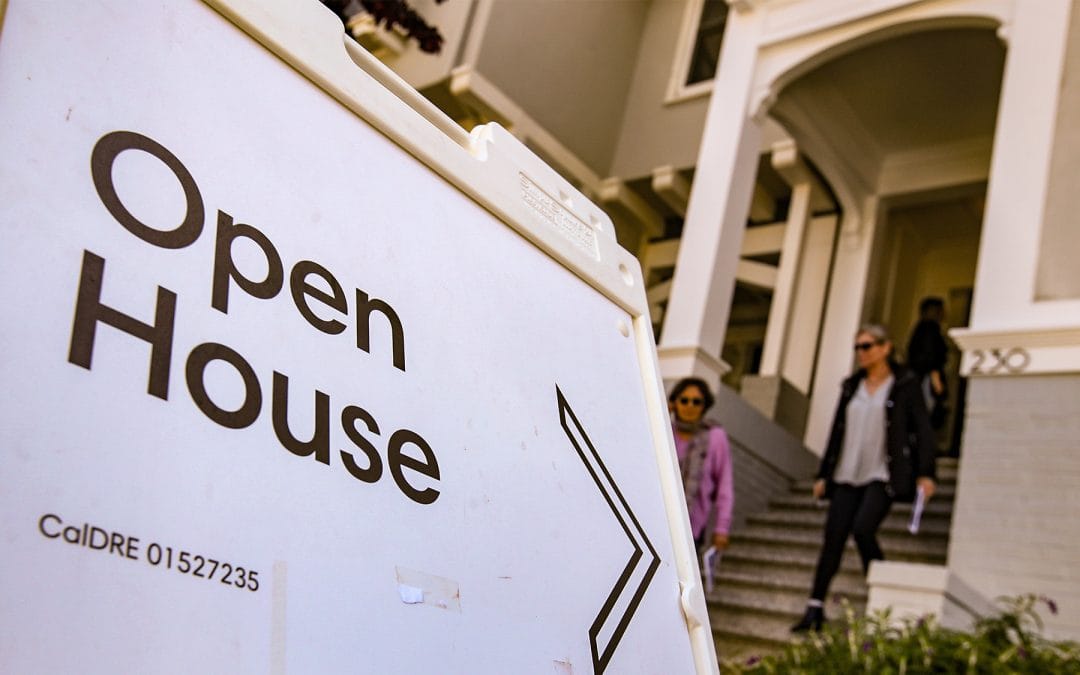Housing Shortage Tracker: A Forward-Looking Perspective on Housing Supply in Boston – Summer 2025 MABA MassachusettsRealEstate FirstTimeHomeBuyers MaBuyerAgent
As we head into the summer of 2025, Boston’s housing market remains firmly in the grip of a long-standing and increasingly urgent supply shortage. While demand remains strong across many neighborhoods, the pace of new construction continues to lag far behind the city’s growing population and shifting housing needs. Rising interest rates and increased construction costs have slowed development timelines, creating even more strain. This shortage is not just affecting first-time homebuyers it’s impacting renters, downsizers, and investors alike. In this Housing Shortage Tracker, we take a forward-looking perspective on where Boston’s housing supply stands and what might lie ahead for the rest of the year.
Current Inventory Still Critically Low
Despite a modest uptick in listings this spring, Boston’s overall housing inventory remains critically low entering summer. Popular neighborhoods like South Boston, Jamaica Plain, and Roslindale are seeing fierce competition for limited available homes. The months of supply in many areas remains below two a strong indicator of an ongoing seller’s market. Developers are still working through permitting backlogs and labor shortages, slowing down potential progress. In addition, many homeowners with low mortgage rates are reluctant to sell and “trade up” into higher-rate loans. This stagnation further locks inventory out of circulation.
New Construction Not Meeting Demand
New housing starts in the Greater Boston area are not keeping pace with projected demand. High land costs, neighborhood resistance to multifamily development, and rising labor and material expenses are slowing groundbreakings. While there are some larger mixed-use projects in the pipeline, many won’t deliver until late 2026 or beyond. Infill development has been limited due to zoning challenges, especially in historic neighborhoods. Affordable housing units are especially scarce, despite city efforts to push inclusionary zoning. Without a dramatic shift in policy or construction pace, relief will remain limited.
Rental Market Pressures Add to the Problem
Boston’s tight for-sale market is pushing more people into the rental pool, further stressing an already competitive rental market. Summer lease turnover is always busy in Boston due to the student cycle, but 2025 is looking particularly intense. Renters are facing steep price increases, with average rents in areas like Cambridge and the Seaport District hitting new highs. Vacancy rates are hovering near historic lows, leaving little breathing room for renters. As a result, household formation is slowing, and more people are doubling up or delaying moves. This is a ripple effect of the broader housing shortage.
Suburban Spillover Continues
The housing crunch in Boston proper is spilling over into suburbs like Quincy, Everett, and Medford. These areas are seeing increased buyer interest due to slightly more affordable prices and better inventory levels. However, even these suburbs are now experiencing their own shortages, with bidding wars becoming common. Transit access remains a major driver of demand, with areas near MBTA stations especially hot. Communities once considered “starter markets” are now pricing out many first-time buyers. The demand pressure is regional, not just urban.
Policy Responses Remain Slow and Fragmented
Local leaders have acknowledged the shortage, but solutions have been slow-moving or piecemeal. Boston’s updated zoning initiatives are still in public review stages, and efforts to streamline permitting have faced political resistance. Statewide, Governor Healey’s administration has proposed new housing production incentives, but their implementation has been limited so far. There’s ongoing debate over rent control and tax incentives for builders, which continues to stall progress. Meanwhile, public-private partnerships are emerging, but not at a scale that meets current demand. The policy environment remains complex and uneven.
The Luxury Market Remains an Outlier
Interestingly, the upper end of the market in neighborhoods like Back Bay, Beacon Hill, and the South End is not facing the same level of scarcity. High-end units and new luxury developments continue to hit the market, though demand at this price tier is more limited. Investors and high-net-worth individuals are still active, especially in cash deals. However, this is doing little to address the broader affordability issue. Luxury housing doesn’t help average residents find homes they need inventory at accessible price points. The disconnect between new supply and true need is stark.
Summer Forecast and Buyer Strategies
Looking ahead to the rest of the summer, buyers should expect continued competition and very few deals. With mortgage rates still elevated, affordability will remain a challenge even for well-qualified buyers. Agents are advising clients to widen their geographic search and consider homes that need renovation. Off-market listings and pre-market networking are becoming more important tools in the buyer’s toolbox. For sellers, properly priced homes in good condition will continue to draw multiple offers. However, unrealistic pricing can still lead to stale listings, even in this low-inventory climate.
Navigating the Housing Squeeze in 2025
Boston’s housing shortage is deeply rooted and unlikely to resolve itself anytime soon. Without major policy reform and accelerated construction, supply will continue to trail behind demand keeping prices high and options limited. Still, opportunities exist for those who can move quickly, think creatively, and stay flexible. Buyers and sellers alike should work closely with knowledgeable agents who understand neighborhood trends and market timing. As we move through the summer of 2025, staying informed will be key to navigating one of the most competitive housing markets in the country. In the face of shortage, strategy becomes everything.

FIRST TIME HOMEBUYERS
Buyer’s Agents Explained
Get Started with MABA
For no extra cost, let a MABA buyer agent protect your interests



